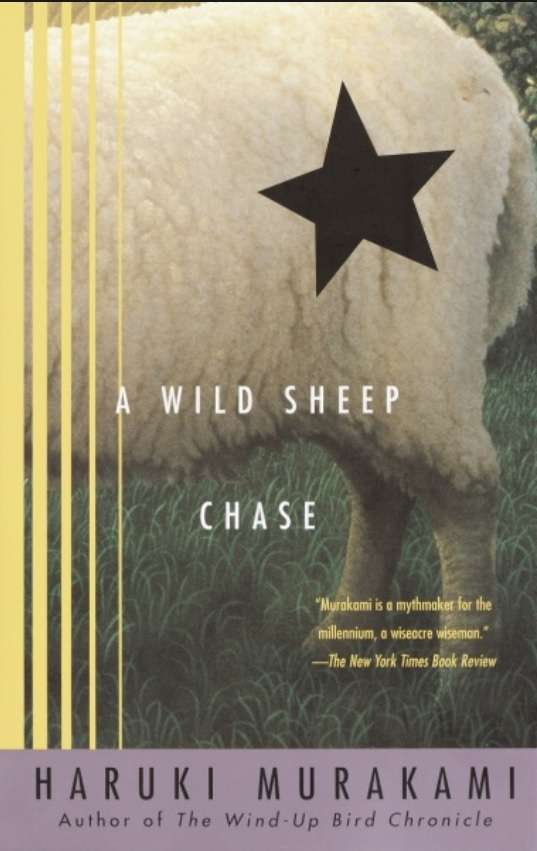Ship Fever: Stories by Andrea Barrett

The eight stories in Andrea Barrett’s 1996 story collection, which won that year’s National Book Award for fiction, run from historical to contemporary settings, yet there is an essential and unifying voice. Like Edward P. Jones, Jim Shepard, and Hilary Mantel, authors whose work also spans historical time, place and voice, Barrett has a style, an approach, and an emotional tenor, a tonal signature that is undeniable.
The settings in these stories are as varied as the eras they depict: greenhouses, laboratories, an immigrant hospital in Quebec, a marine research station, all of which connect to the collection’s unifying subject: science, its practitioners, pioneers and scholars of the natural world.
The historical figures in Ship Fever include Gregor Mendel, whose nineteenth century experiments in the hybridization of peas forged the science of genetics. In Barrett’s hands, Mendel’s research (“The Behavior of the Hawkweeds”) becomes an elegant counterpoint to the experience of a contemporary narrator, the wife of a genetics professor who regularly lectures on the pioneer’s work. “The English Pupil” centers on the Swedish naturalist Carl Linnaeus, whose theory of classification formed the basis of the first naming system of plants, animals and minerals. One winter afternoon, Linnaeus, now aged and dying, his “once famous memory eroded by strokes,” travels to his country house outside Uppsala, the once indefatigable cataloger now hobbled by stroke:
His mind, which had once seemed to hold the whole world, had been occupied by a great dark lake that spread farther every day and around which he tiptoed gingerly. When he reached for facts they darted like minnows across the water and could only be captured by cunning and indirection.

Among the contemporary subjects in this collection, “The Littoral Zone” is one of the best. Told in hindsight, the story charts the lives of Jonathan and Ruby, who as young marine biologists met on a research station off the New Hampshire Coast and began an affair. Both were married to other people, both had families, and when they return home, in time divorce their spouses and marry. It’s a story of regret, told decades later though a lens that could only form with time, a story about the stories we tell ourselves, about memory and desire and the torment of a choice that may not have been the right one. The wise omniscient voice looks back on that defining at the research station, and with Barrett’s superb ear for language and eye for detail, show how time shapes memory, and possibly regret:
They can’t remember, now, whether Gunnar’s endless lecture came before Carol Dagliesh’s filmstrip on the herring gulls, or which of the students tipped over the dissecting scope and sent the dish of copepods to their deaths. But both of them remember those days and nights as being almost purely happy. They swam in that odd, indefinite zone where they were more than friends, not yet lovers, still able to deny to themselves that they were headed where they were headed.
If Barrett’s feat of voice in these stories weren’t enough, she also subtly links the stories to one another. The effect is one of a detailed map, or a carefully considered equation.
—Lauren Alwan
Lauren Alwan’s fiction and essays have appeared in The Southern Review, ZYZZYVA, Nimrod International, and other publications. Read her new column at Catapult, “Invisible History,” a chronicle of family stories of heritage and belonging and the complexities of her bicultural experience. Learn more at www.laurenalwan.com

